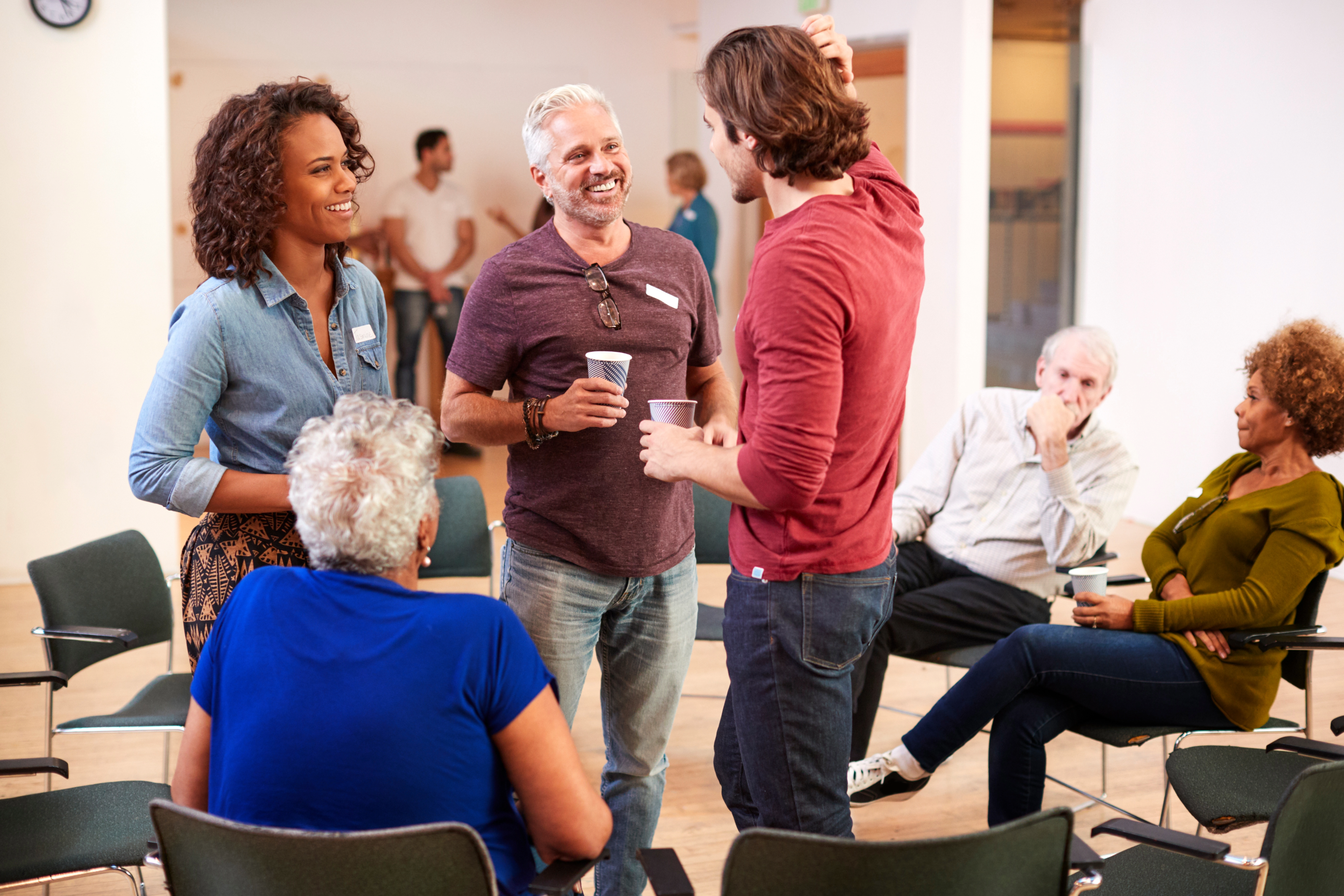
Living with HIV comes with unique challenges, including stigma, misinformation, and emotional struggles. While medical advancements have transformed HIV care, the need for strong, inclusive support networks remains critical.
A safe, understanding community can make a world of difference for those affected by HIV, helping them navigate healthcare, relationships, and mental well-being.
But how do we build truly inclusive support systems that respect and uplift everyone, regardless of their background?
At The McGregor Clinic, we believe HIV support should be accessible, welcoming, and stigma-free. In this guide, we look at how individuals, families, and communities can create inclusive, meaningful support networks for people living with HIV.
Support isn’t just about medical treatment—it’s about feeling accepted, valued, and empowered.
People living with HIV often face barriers that can make seeking help difficult, including:
By building inclusive support networks, we can help people navigate these challenges with dignity and confidence.
Whether you’re living with HIV, supporting a loved one, or looking to create a more welcoming community, here’s how to foster genuine, stigma-free support.
The words we use shape perceptions and attitudes. Here’s how to make conversations about HIV more inclusive:
By using respectful, person-first language, we help create an environment of dignity and acceptance.
Those living with HIV should feel safe discussing their experiences without fear of rejection. Whether it’s a support group, family gathering, or online community, prioritize:
A supportive environment helps people feel heard and validated.
Breaking stigma starts with education. By having open, honest discussions, we normalize HIV as a manageable health condition, not a life sentence.
For those looking to connect, The McGregor Clinic’s Living Out Loud program provides a safe, empowering space for people affected by HIV.
Sometimes, the best support comes from those who truly understand what it’s like to live with HIV.
Consider encouraging:
Building strong connections reduces feelings of isolation and loneliness.
Access to HIV treatment and care should be a right, not a privilege.
Support efforts to:
By speaking up and supporting policies that promote inclusive HIV care, we help create real change.
No one should face HIV alone. Community-driven programs help bridge gaps in care, education, and emotional well-being.
At The McGregor Clinic, we provide:
When we work together, we can create a world where everyone living with HIV feels supported and valued.
Building inclusive HIV support networks requires empathy, action, and a commitment to breaking stigma.
Whether you’re:
Looking for resources or support?
Contact us to learn more about our HIV support programs and community services. Let’s build a more inclusive, understanding world for people living with HIV.
